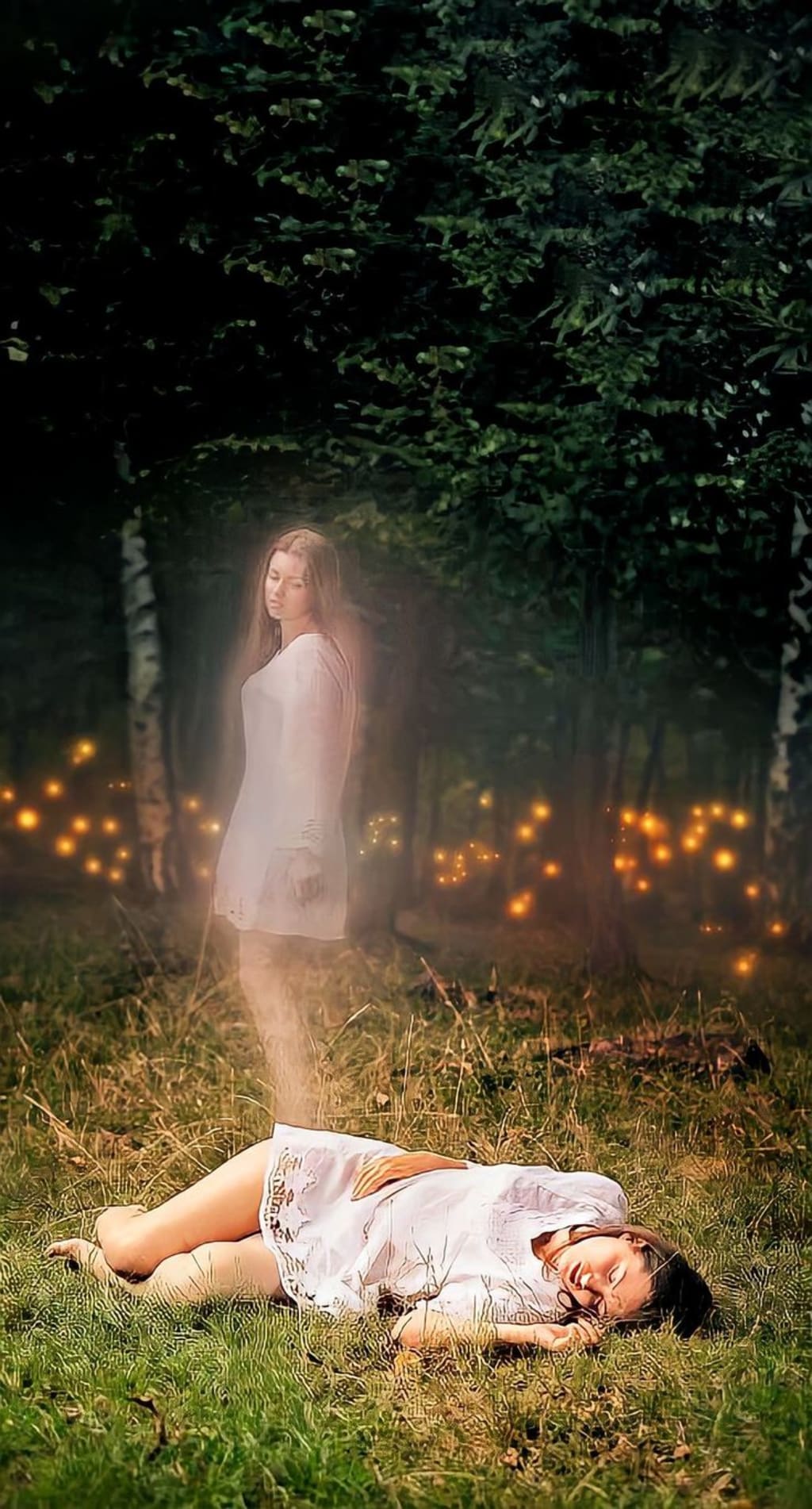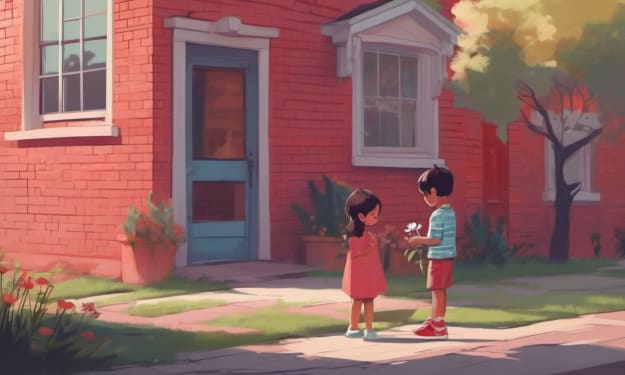What happens when we die
You’re going to die someday.

Death, the great equalizer, stands as the ultimate enigma of human existence. Across cultures, civilizations, and epochs, the concept of death has captivated minds, stirred imaginations, and provoked existential inquiries. It is a topic steeped in mystery, fear, and fascination—a threshold that every living being must eventually cross.
Contemplating the inevitability of death is an introspective journey we all embark on at some point in our lives. During those restless nights when sleep eludes us, our thoughts invariably drift toward the enigmatic realm of mortality. What awaits us in those final moments? What sensations will we experience as we journey into the unknown?
Near-death experiences often offer intriguing glimpses into this profound mystery. Individuals on the brink of death recount vivid sensations and encounters, from seeing loved ones to feeling a detachment from their physical bodies. While skeptics may question the validity of these accounts, they remain some of the few narratives shedding light on the subjective experience of death.
But what lies beyond the threshold of death? Does the cessation of brain activity mark the definitive end of consciousness? The definition of death is a complex intersection of biology, medicine, philosophy, and religion. While clinical death, traditionally marked by the cessation of heart function, was once considered the endpoint, advancements in resuscitation techniques challenge this notion. Brain death, characterized by the absence of brain electrical activity, presents another dimension to the concept of mortality.
However, the definition of brain death is not without contention. Despite its designation as the endpoint of life, residual brain activity persists post-mortem, raising questions about the true cessation of cognitive function. The brain's role in shaping individual identity underscores the significance of defining death as the irreversible shutdown of cognitive processes.
As we ponder the mysteries of death, groundbreaking research offers glimpses into the brain's activity during the transition from life to death. Studies capturing the neural oscillations of individuals in their final moments reveal intriguing patterns reminiscent of memory retrieval—a phenomenon akin to a life review. Yet, interpreting these findings presents challenges, given the unique circumstances of each death and ethical considerations surrounding research in this domain.
While the exact nature of post-mortem consciousness remains elusive, research suggests that the brain may undergo a series of biological responses as death approaches. From recalling significant memories to experiencing vivid sensations, the brain's activity in the final moments hints at a complex interplay between biology and consciousness.
However, it's essential to approach these findings with caution, acknowledging the limitations of current research and the variability of individual experiences. As we delve deeper into the mysteries of death, we confront profound questions about the nature of existence and the possibility of life beyond the physical realm.
And yet, paradoxically, it is precisely in the shadow of death that we find the impetus to live—to cherish each moment, to embrace the beauty of the world, to forge connections with our fellow travelers on this cosmic voyage. Death, in its solemn majesty, compels us to confront the fragility of life and to celebrate its preciousness with every breath we take.
As we stand on the threshold of eternity, let us honor those who have gone before us, drawing inspiration from their lives, their wisdom, and their enduring legacy. And let us face the unknown with courage, with curiosity, and with the unshakeable belief that even in death, the human spirit endures.
Ultimately, death remains humanity's ultimate frontier—a threshold we will all inevitably cross. While the exact nature of our final moments may elude us, the quest for understanding offers solace in the face of uncertainty. As we navigate the complexities of mortality, we find comfort in our shared journey toward the unknown.
About the Creator
Hope Munjaku
As a skilled article writer, I craft compelling and engaging content tailored to meet the unique needs of my clients. With a passion for storytelling and a keen eye for detail, I specialize in delivering articles that inform and inspire.





Comments
There are no comments for this story
Be the first to respond and start the conversation.